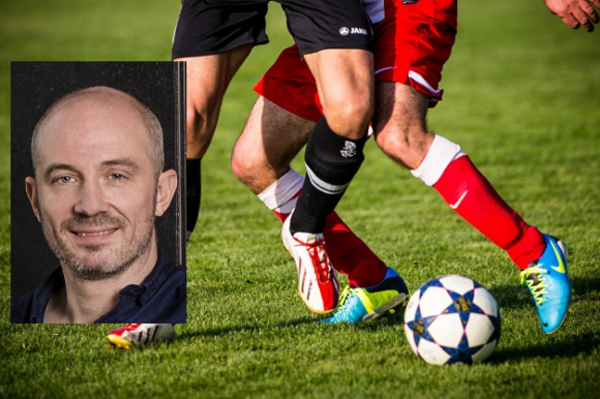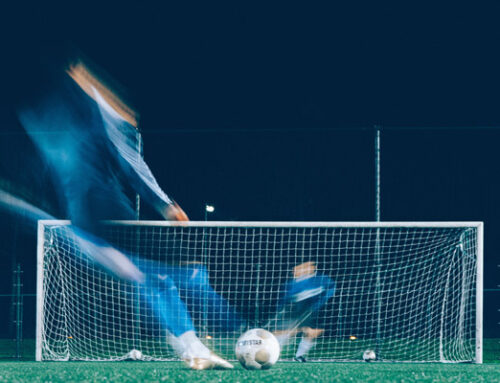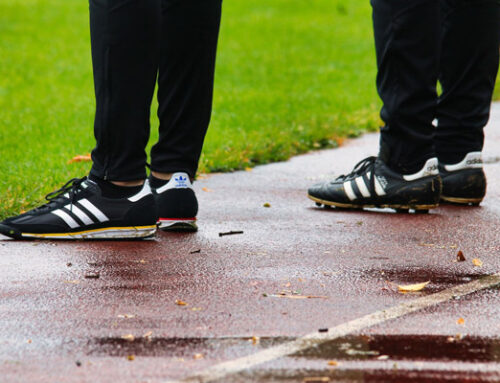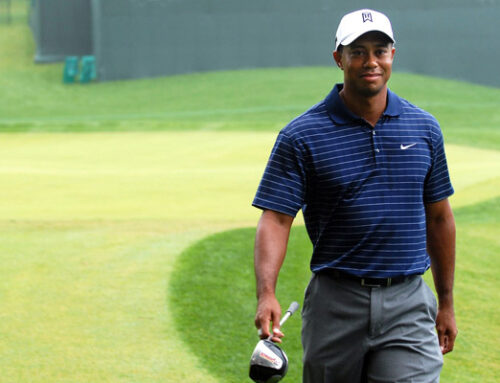Article written by Manuel Dupuis, sports psychologist and mental coach working with professional and elite footballers since 2003.
Mental coaching in football can occur at three levels:
- at the team level
- at the individual level
- at the club level
In this article, we will address the main challenges related to mental coaching for the football team, for each individual football player, and for the football club.
Mental Coaching for the Football Team
Alongside individual factors, the team as a whole is also subject to complex dynamics, with the main challenges being:
- Team cohesion.
This aspect is one of the most important predictors of performance. Paradoxically, it can sometimes be problematic in football, where individual interests can take up too much space, which is detrimental to both team and player performance.
Being able to share common values within the team, working together (players, staff, coaches) towards a common goal, and spending informal moments together, promotes cohesion.
Team stability (especially that of the coach) fosters a sense of security and familiarity for the entire team, which inevitably has a positive impact on cohesion. - Focus on group objectives.
Staying in a work “bubble” within the team group while maintaining appropriate contacts with the outside world (supporters, press, etc.) is not so simple. Essentially, the group needs to be able to focus on its goals and tasks without getting distracted by external contacts (press, supporters, etc.) - Positive and effective communication.
- Managing losses and loss of confidence.
Certain periods are more difficult. In football, crises can set in quickly, both at the team level and individually for players. - etc.
Individual Mental Coaching in Football
After identifying the player’s strengths and weaknesses, the mental coach will establish work objectives with them.
For example: learning to use the pressure of important matches to develop competitiveness, build confidence before a match, optimise self-confidence during competition ,or enhance concentration abilities.
Subsequently, the mental coach will draw from their past experiences resources, tools, and rituals to train and reinforce, making them effective once again.
They will propose specific techniques, such as positive mental visualisation, behavioral approach, meditation, or even sophrology, to name a few.
Each player has their own way of functioning: the mental coach needs to find the method that suits them best.
Classic Pattern of Mental Preparation in football
- Needs Analysis and Objective Setting
A very important step, as it involves determining the areas that need work. This often involves an assessment of mental skills (concentration, self-confidence, stress management, motivation, competitiveness, managing competitions and crucial moments, etc.), but not always. - Mental Training: Reinforcing Strengths and Improving Weaknesses
Specific aspects are decided upon, such as strengthening motivation and self-confidence, or modifying other skills impacting performance, such as concentration, stress management in competition, or competitiveness. - Competition Preparation
– Techniques are integrated into pre-competition routines to arrive mentally prepared for the competition.
– Tools are integrated to manage specific moments in the competition (e.g., important moments, timeouts, etc.) - Evaluation
The player evaluates progress made with the coach, based on predefined criteria.
Club-level Mental Coaching
Talent Development
Certain football and hockey clubs, as well as individual sports clubs, implement projects aimed at developing potential players chosen by the staff for their technical, physical, and mental qualities.
By allowing them to complement their training with mental preparation, these players have the “privilege” of benefiting from supplementary tools to optimize their potential on the field, particularly during matches.
In my opinion, a mental coach intervening in a club can only work if they have a close collaborative relationship with the coach, who knows their players and objectives well.
Mental Preparation within a Football Team
Initially, the mental coach meets with the staff, the person or people initiating the project (technical director, coach, etc.), and determines how they can assist, proposing possibilities for collaboration.
Then, they define areas of collective and individual work together.
Finally, they implement interventions with players and the team in collaboration with the coach and the rest of the staff. Examples include:
- Leadership development: working on certain players’ leadership to positively influence the group, motivate others, rebound from failure, and set an example…
- Working individually with certain players on mental aspects (e.g., self-confidence, emotion management, concentration) or technical aspects (through visualization)
- Coach coaching: working with the coach on group cohesion strategies and their ability to develop the team’s mental side (motivation, building confidence, etc.)
- Working in group sessions on mental skills like self-confidence, relaxation, managing positive and negative spirals, etc.
- Enabling players to visualize tactical patterns proposed by the coach. The type of work chosen is defined based on the situation and the outcome of meetings with the staff, with the project being gradually tailored and implemented.




